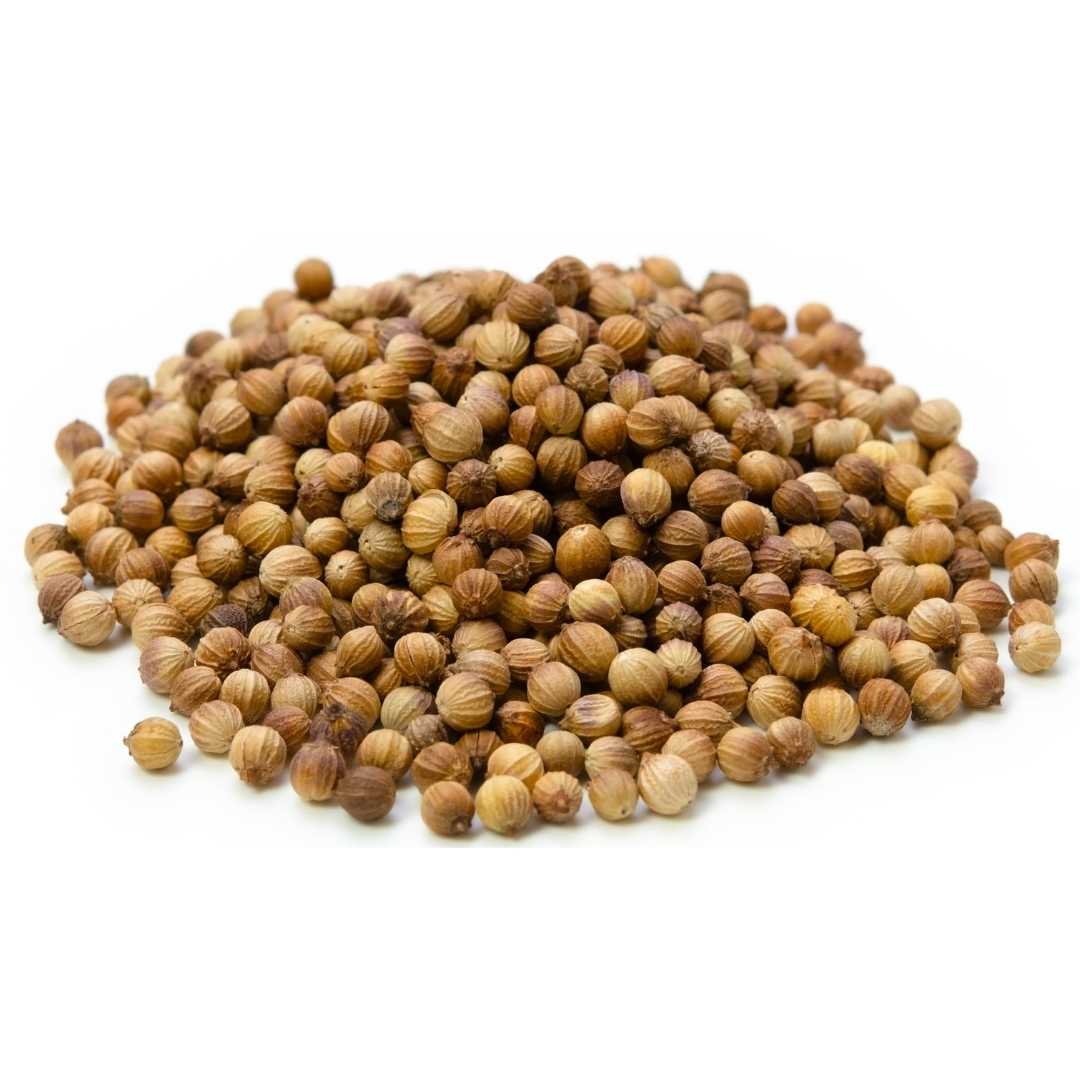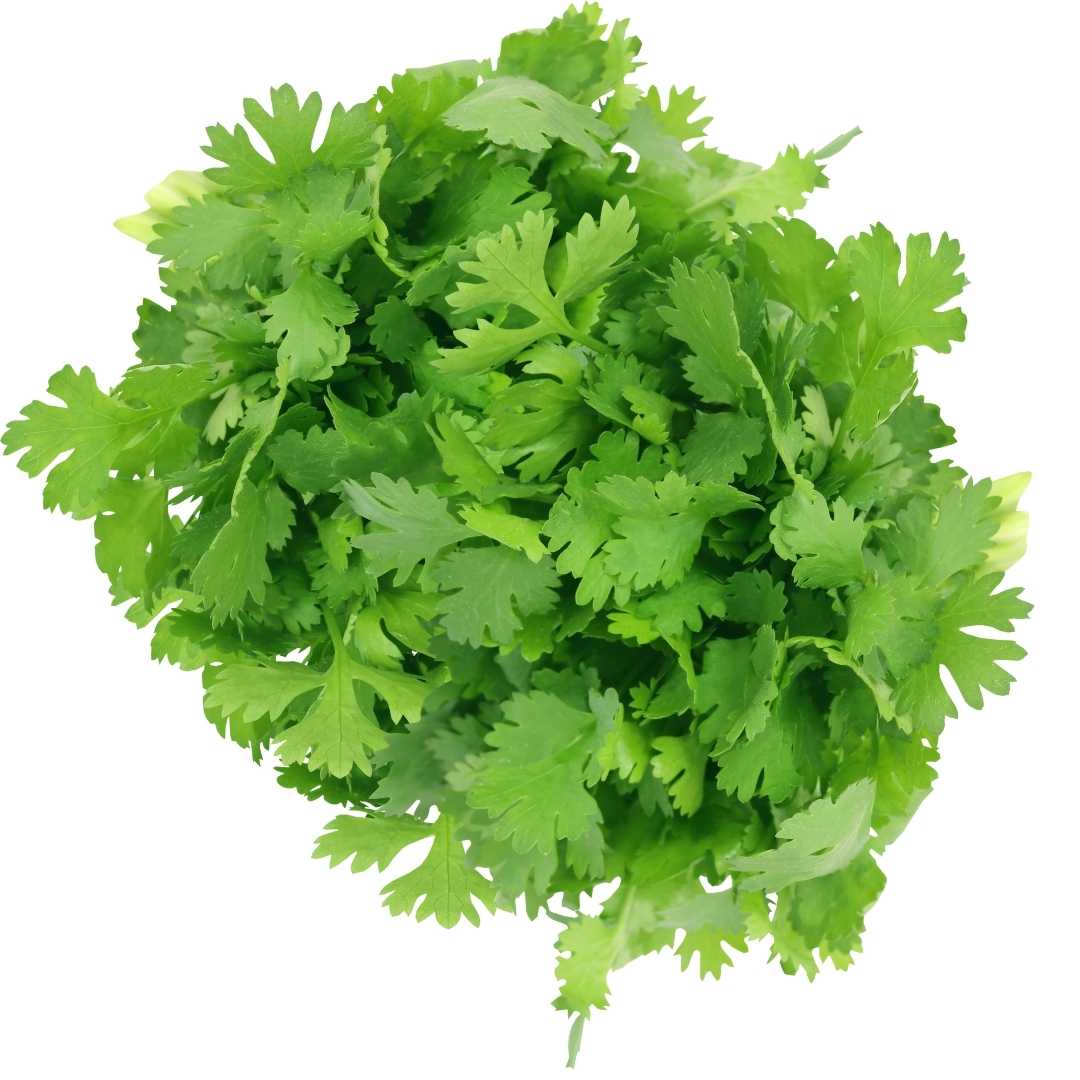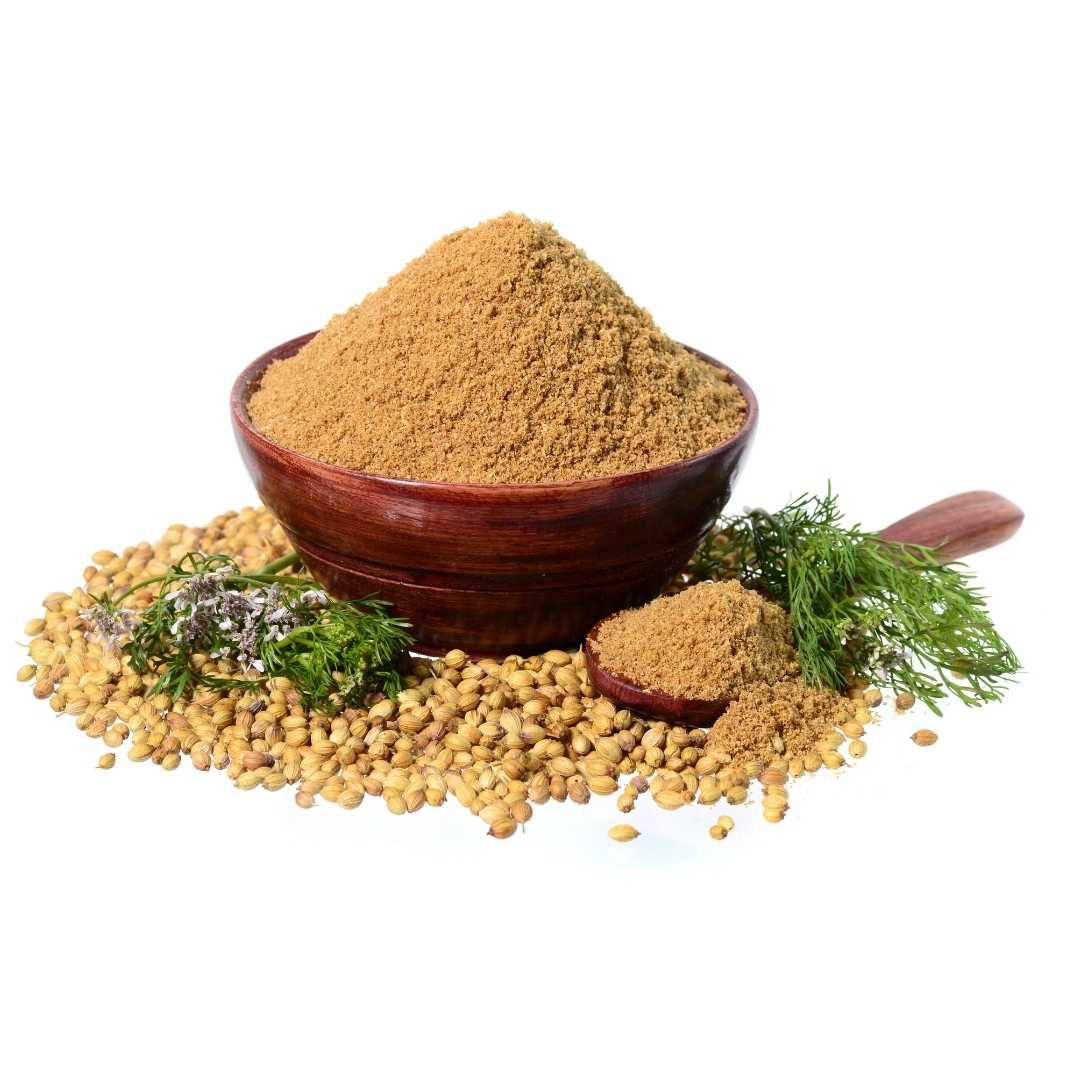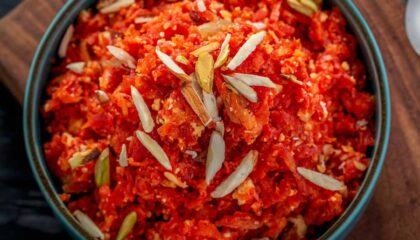
Coriander's lemony and floral flavor finds its way into many Asian, Latin, and Indian dishes, as well as European cuisine. While the coriander plant's leaves are used to make cilantro or Chinese parsley, the round seeds are used to make coriander spice. This spice can be found in the Indian spice blend garam masala, which is used in a variety of savory dishes.
Coriander is a spice made from the round, tan-colored seeds of the parsley-related coriander plant (Coriandrum sativum). Coriander refers to the entire plant, including the leaves, stems, and seeds. However, when most people talk about coriander, they are referring to the spice made from the plant's seeds. The plant's leaves are commonly known as cilantro, which is derived from the Spanish word for coriander or Chinese parsley. Coriander roots are also used in Thai curries as a pungent addition. Coriander is a native plant found all over the world, including Europe, Asia, Africa, and the Americas.
The origins of the coriander plant are unknown, but it is widely assumed to be native to the Mediterranean and parts of southwestern Europe. Experts believe it has been used since at least 5,000 B.C. Coriander is mentioned in Sanskrit writings, and the seeds were found in Egyptian tombs. Coriander is even mentioned in the Bible, where the manna given to the Jews fleeing Egypt was described as tasting like coriander seed. Coriander was one of the first herbs grown by the Massachusetts colonists. In the seventeenth century, Frenchmen made a type of liquor from distilled coriander. Today, cilantro is grown in tropical and subtropical countries all over the world, and the herb is widely used.

Coriander seeds have a lemony flavor and a floral aroma. The flavor pairs well with cumin, and many recipes call for equal parts of the two spices. The leaves of the plant and the ripened seeds taste completely different and cannot be substituted for one another. Fresh cilantro tastes pungent and soapy to a certain percentage of the population.

Coriander's vitamins, minerals, and antioxidants have numerous health benefits. Coriander leaves and seeds are high in vitamin K, which aids in the formation of blood clots. Vitamin K also aids in the repair of your bones, which helps to prevent problems such as osteoporosis. Furthermore, evidence suggests that vitamin K may help reduce your risk of heart disease.
Coriander seeds and leaves can also provide health benefits such as:
Coriander is high in antioxidants, which aid in the fight against free radicals in the body. Free radicals are unstable oxygen molecules that can cause cell damage, potentially leading to cancer, heart disease, and other diseases. Coriander's antioxidants help remove free radicals from your body, lowering your risk of certain cancers and even slowing the aging process.
Coriander has a variety of effects that can help your heart health. The herb is a diuretic, which means it can help flush excess sodium from your system and lower your blood pressure. Coriander may also help lower "bad" LDL cholesterol, lowering your risk of atherosclerosis, a type of coronary heart disease, according to preliminary research.
Coriander has shown promise in reducing inflammation in the body. Inflammation has been linked to a variety of unpleasant conditions, including cancer and heart disease. Coriander antioxidants have been linked to reduced inflammation and cancer cell growth in the lab.
Coriander seeds have been shown to significantly reduce blood sugar levels in diabetics. Current research indicates that coriander aids in the activation of enzymes that help your body process blood glucose effectively. While more research is needed, people with high blood sugar may benefit from eating more coriander.
Coriander is high in vitamin A, which helps feed your retinas, keep your eyes moist, and protect your vision in general. Coriander is also high in vitamin C, which is beneficial to your immune system. Consuming enough vitamin C keeps your white blood cells functioning properly and aids in iron absorption. Vitamin C also aids in wound healing and collagen production, which aids in skin firmness.
Coriander is also a good source of:
- Vitamin A
- Vitamin C
- Vitamin K
- Iron
- Calcium
Coriander can help lower blood sugar levels. In fact, coriander is so effective at lowering blood sugar that people on diabetes medication or who have hypoglycemia should exercise caution when eating it. Because coriander is a spice, it is rarely consumed in large quantities. However, preliminary research indicates that coriander extract can lower blood sugar in doses as low as 20 milligrams per kilogram of body weight. While coriander extract is much stronger than regular coriander, if you have hypoglycemia, you should limit your coriander intake to a few grams.
Amchur Restaurant & Bar is one of the popular Indian restaurants which provides not only Indian cuisines but also Nepalese and Oriental cuisines with a contemporary approach which are not only healthy but also immensely delicious to the customers who have visited and dined at the restaurant. Amchur Restaurant & Bar provides dine-in service along with takeaway and delivery service. If you like to try out the takeaway or delivery you can place an order by clicking here. You can also reserve a table for your family or friends by clicking here.
-
 Read more +
December 28, 2022 By Amchur Restaurant in Blogs
Read more +
December 28, 2022 By Amchur Restaurant in Blogs
Indian Curry Popularity in the UK
-
 Read more +
December 23, 2022 By Amchur Restaurant in Blogs
Read more +
December 23, 2022 By Amchur Restaurant in Blogs
Lip smacking comfort foods to soothe your soul
-
 Read more +
December 15, 2022 By Amchur Restaurant in Blogs
Read more +
December 15, 2022 By Amchur Restaurant in Blogs
Indian Food Choices for Special Occasions
-
 Read more +
November 11, 2022 By Amchur Restaurant in Blogs
Read more +
November 11, 2022 By Amchur Restaurant in Blogs
Creating a Positive Dining Experience
-
 Read more +
October 9, 2022 By Amchur Restaurant in Blogs
Read more +
October 9, 2022 By Amchur Restaurant in Blogs
Health Benefits of an Indian Diet
-
 Read more +
By Amchur Restaurant in Blogs
Read more +
By Amchur Restaurant in Blogs
Seasonal Foods and its Health Benefits
-
 Read more +
October 3, 2022 By Amchur Restaurant in Blogs
Read more +
October 3, 2022 By Amchur Restaurant in Blogs
Indian food and its significance
-
 Read more +
September 19, 2022 By Amchur Restaurant in Blogs
Read more +
September 19, 2022 By Amchur Restaurant in Blogs
Perfect Party Venue in Old Windsor : Amchur
-
 Read more +
September 8, 2022 By Amchur Restaurant in Blogs
Read more +
September 8, 2022 By Amchur Restaurant in Blogs
Choosing the Right New Year Party Venue
-
 Read more +
September 5, 2022 By Amchur Restaurant in Blogs
Read more +
September 5, 2022 By Amchur Restaurant in Blogs
Choosing the Right Christmas Party Venue

You must be logged in to post a comment.